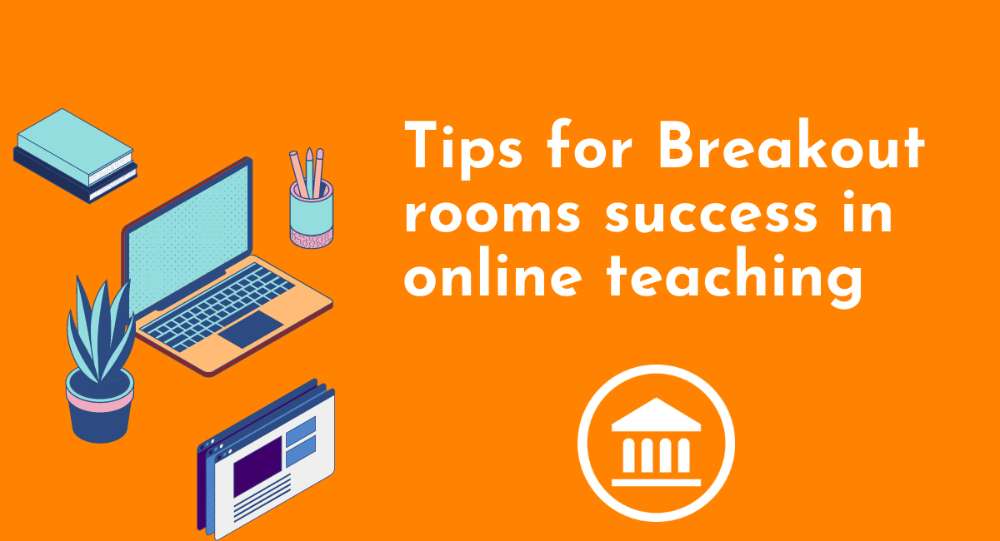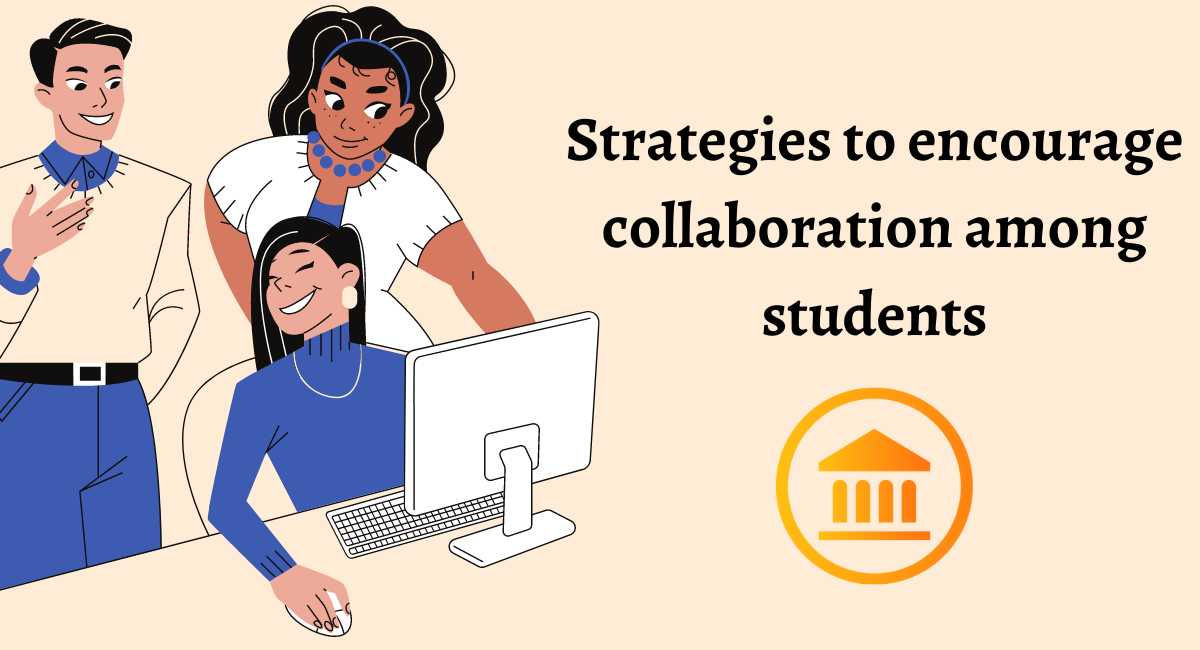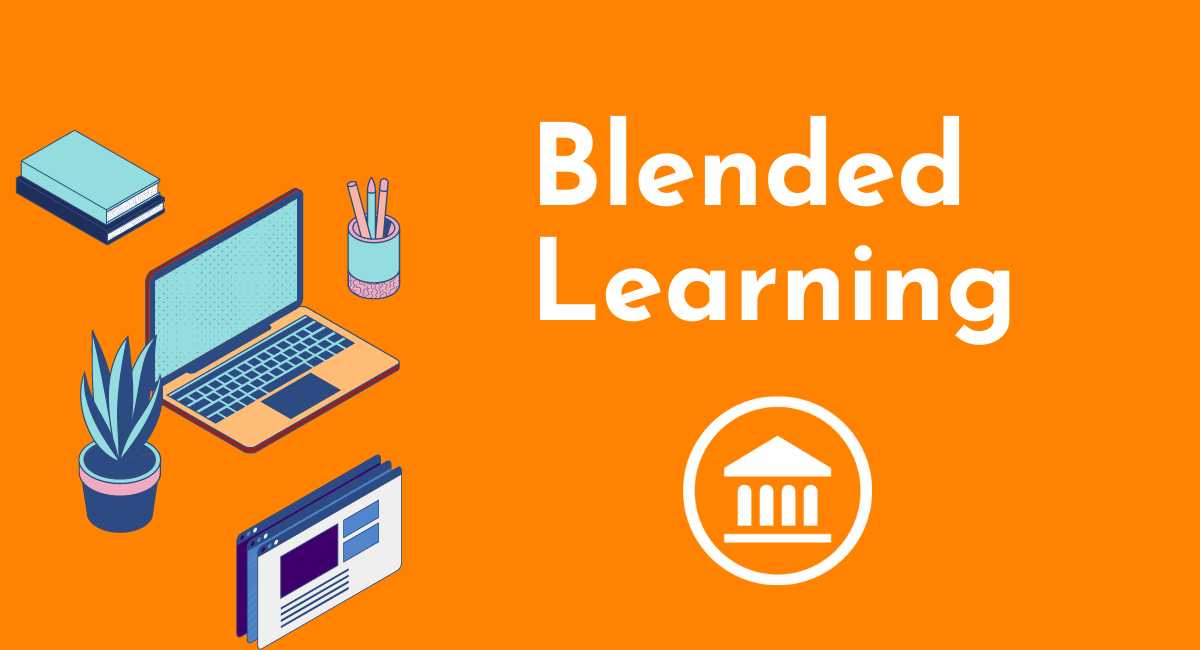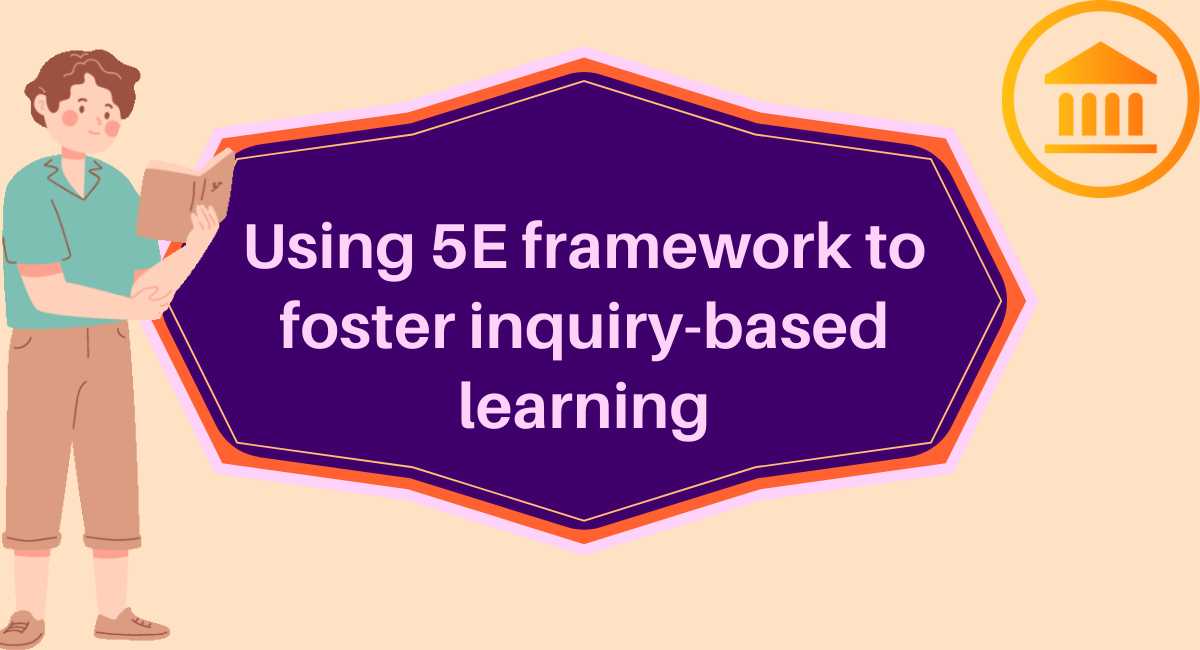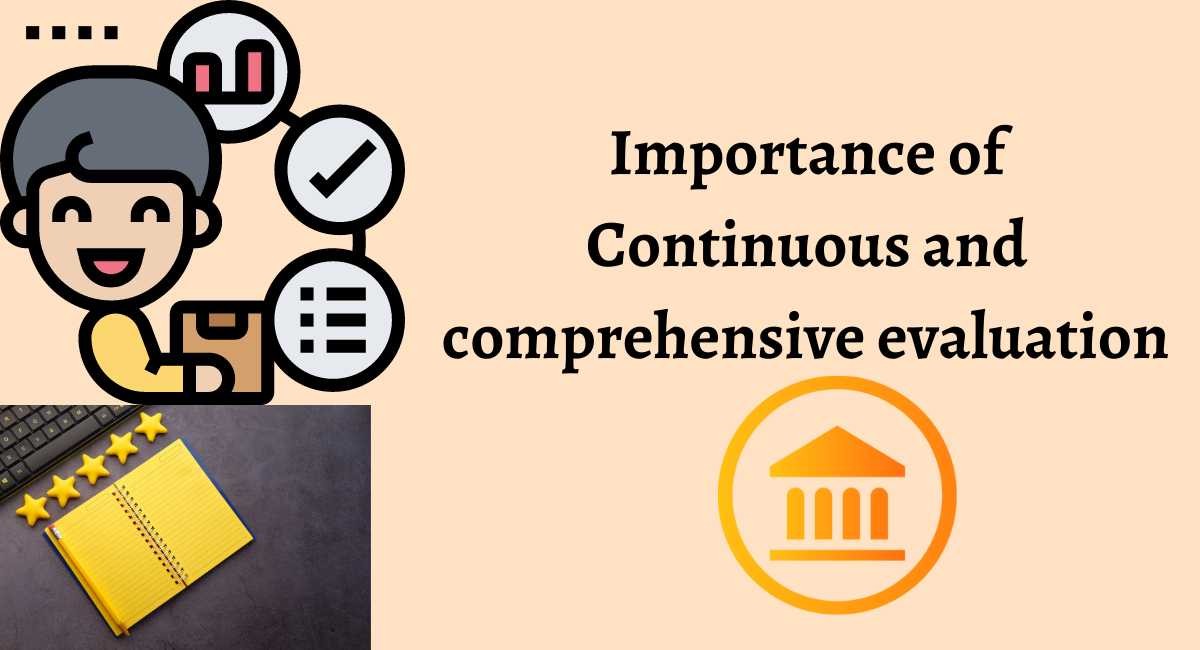The term special needs or special education needs is often used to talk about the educational needs of neuro-divergent children. Children with special education needs might involve children with developmental delays, medical conditions, psychiatric conditions, and/or congenital conditions. Due to these conditions, children with special needs may require special accommodation to reach their full potential.
Inclusive education is the best way forward to accommodate all the learning needs of the students with and without special needs. Inclusive classrooms where teachers used differentiated curriculums can lesson plans not only accommodate the learning needs of neuro-divergent children but they also enhance the learning experience of neuro-typical children.
According to Howard Gardener, there are eight different types of intelligences that human beings might possess and not all human beings possess all the types of intelligence. Thus, different children in classroom might have different kinds of intelligence. Hence, differentiating the lesson plan which caters to different modes of learning namely kinaesthetic, audio, visual, reading, etc. will enhance the possibility of all the students achieving their maximum learning potential.
How to differentiate lesson plans for different Types of Learners
For visual learners:
• Use videos, books, visual aids, and flashcards.
• Make detailed, color-coded or highlighted notes.
• Make outlines, diagrams, and lists.
• Use drawings and illustrations (preferably in color).
For auditory learners:
• You can conduct read-aloud sessions in classroom.
• Use word associations and verbal repetition
• Encourage students to discuss.
• Use audio/video recordings in classrooms.
For kinesthetic learners:
• Give hands-on experience. Conduct experiments and take students on field trips.
• Use activity-based pedagogy, like role-playing or model building.
• Use memory games.
• Study with music playing in the background.
• Use microlessons by breaking tasks down concepts into smaller easy to understand parts.





